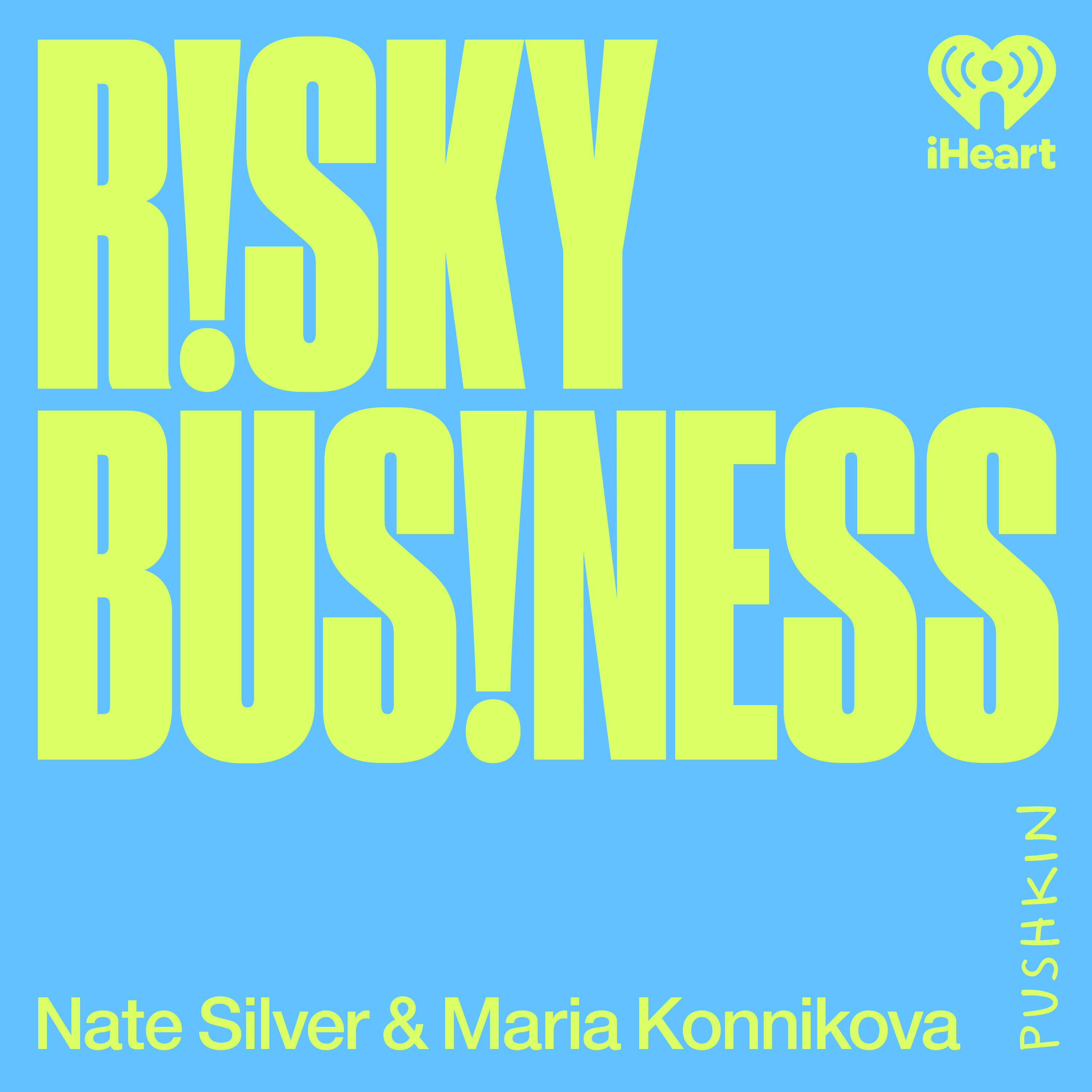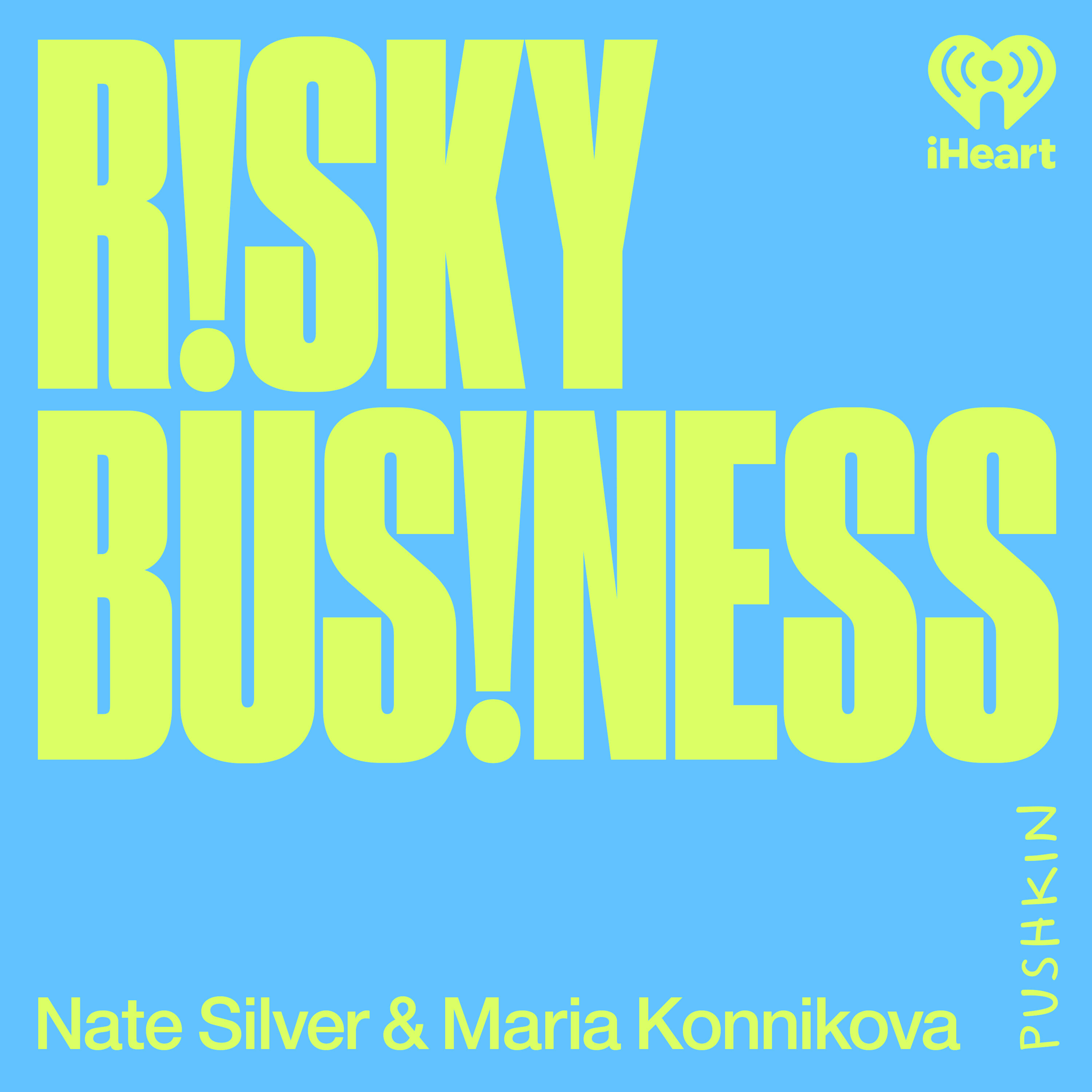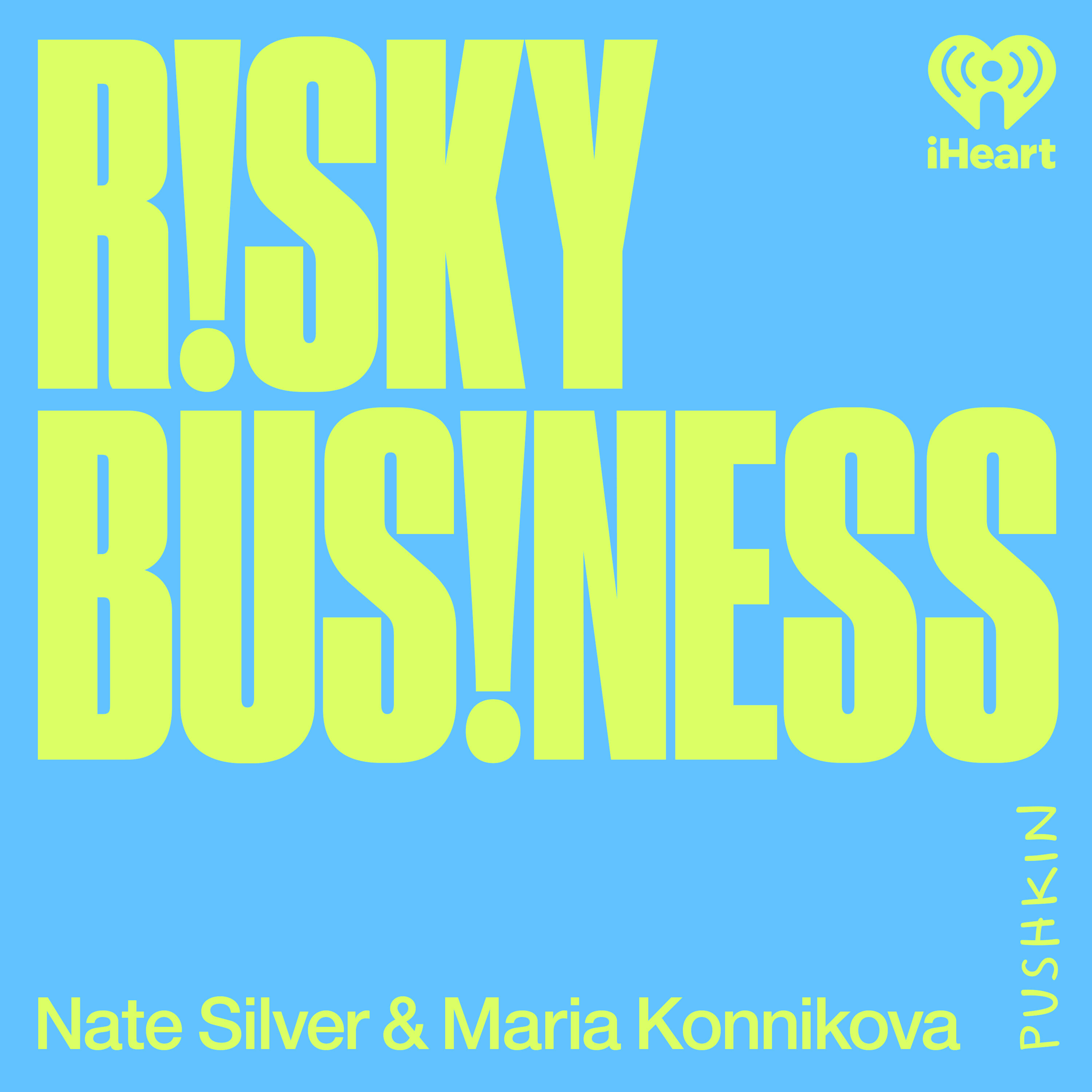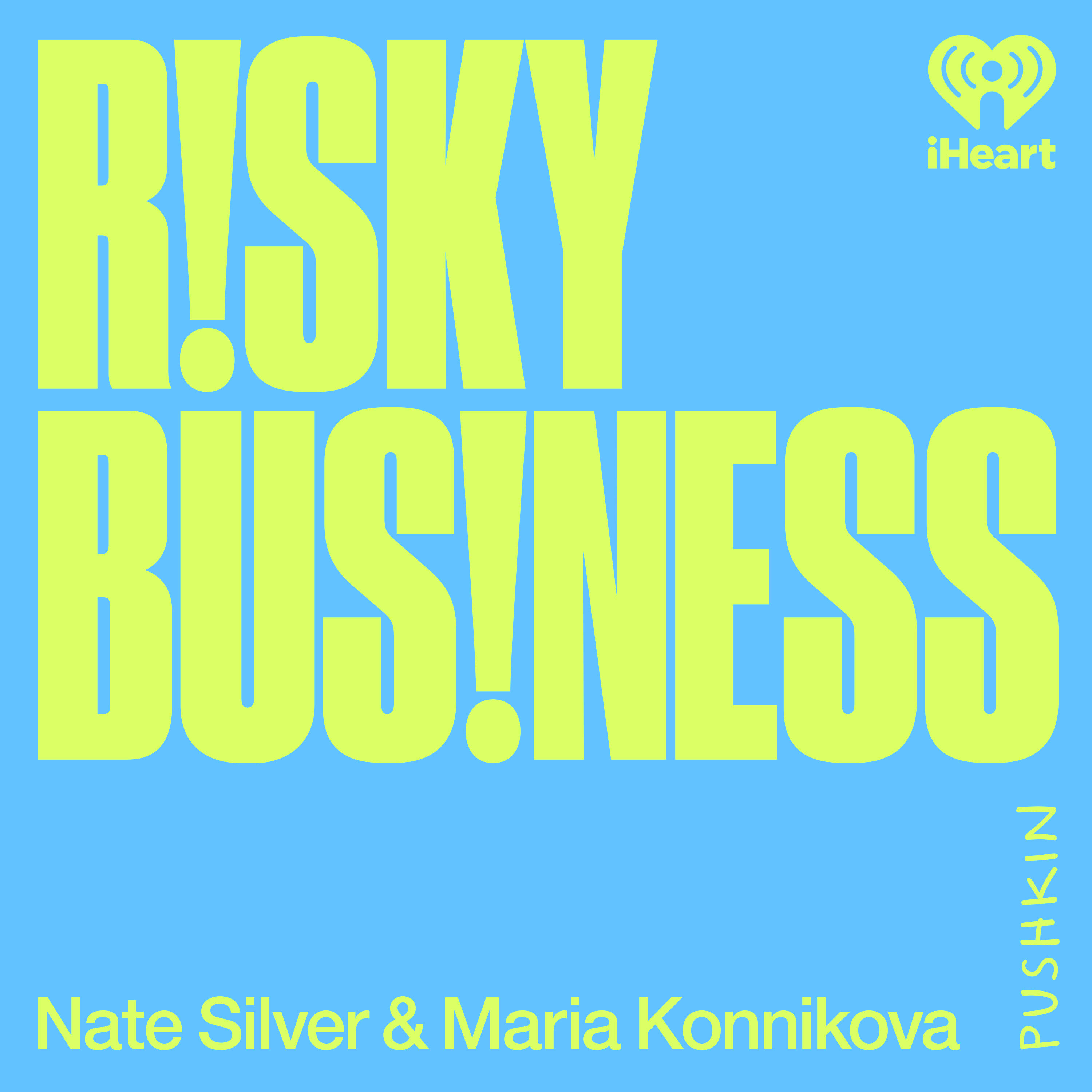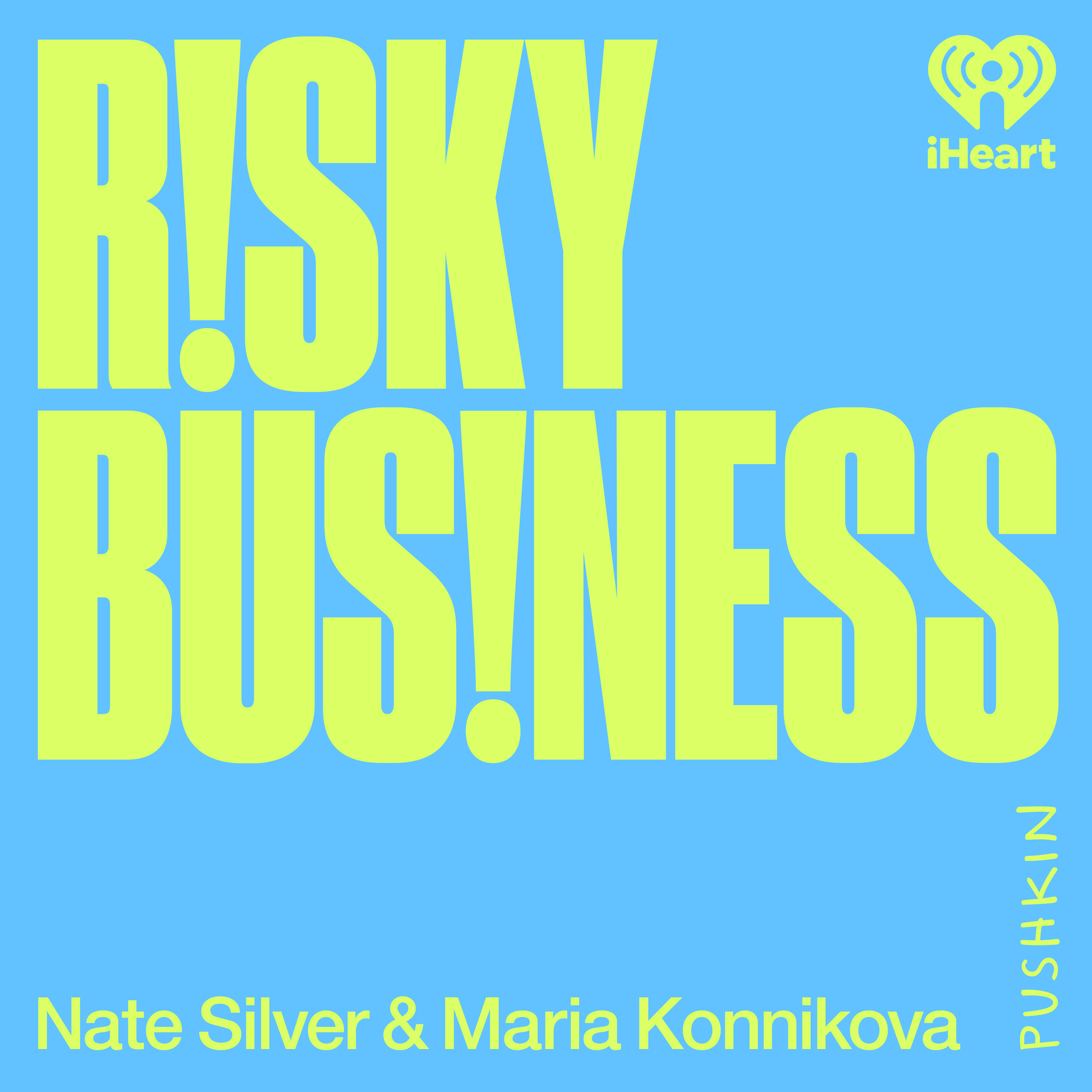What Democrats Should Take from No Kings Protests
Over the weekend, some 5 million people across the United States marched in ‘No Kings’ protests. Nate and Maria sit down to talk about why this matters, the psychology of protests, and how Democratic strategists can build on the momentum going forward.
For more from Nate and Maria, subscribe to their newsletters:
The Leap from Maria Konnikova
Silver Bulletin from Nate Silver
See omnystudio.com/listener for privacy information.
Press play and read along
Transcript
Transcript is processing—check back soon.
Risky Business with Nate Silver and Maria Konnikova — What Democrats Should Take from No Kings Protests
